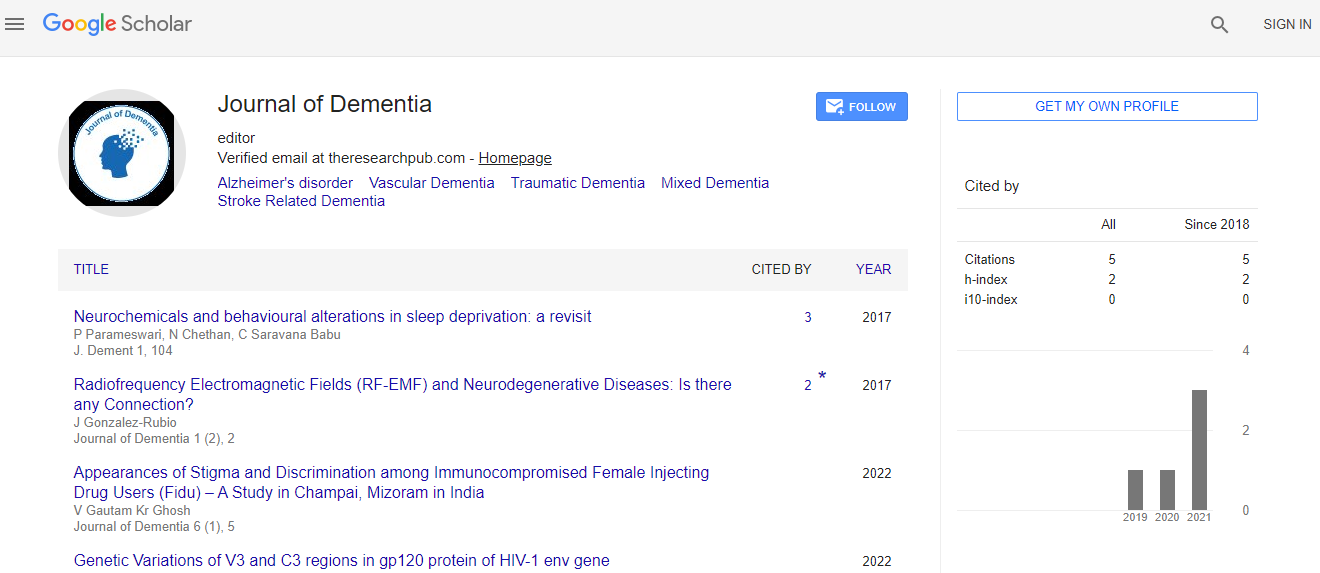Depression in People with Dementia and Caregiver Outcomes: Results from the European right time place care study
*Corresponding Author:
Copyright: © 2020 . This is an open-access article distributed under the terms of the Creative Commons Attribution License, which permits unrestricted use, distribution, and reproduction in any medium, provided the original author and source are credited.
Abstract
Objective: To investigate the cross-sectional associations between depression in people with dementia and both caregiver burden and quality
of life in 8 European countries and to test these associations compared with the presence of other neuropsychiatric symptoms.
Design: Cross-sectional study.
Setting and participants: In total, 1223 dyads comprised of informal caregivers and people with dementia living in a community-dwelling
setting, recruited from the Right Time Place Care study, a cohort survey from 8 European countries.
Measures: To test the associations between depression (according to the Cornell Scale for Depression in Dementia) and informal caregiver
burden (defined by the Zarit scale and hours of supervision in terms of Resource Utilization in Dementia), distress (defined by the Neuropsychiatric
Inventory Questionnaire distress score) and quality of life (according to the visual analogue scale and 12-item General Health Questionnaire).
Results: Linear regressions showed an association between depression and main outcomes (Zarit scale: β 3.7; P = .001; hours of supervision:
β 1.7; P = .004; Neuropsychiatric Inventory Questionnaire distress score: β 1.2; P = .002). A similar association was found concerning psychological
and overall well-being (12-item General Health Questionnaire: β 1.8; P < .001; Euroqol Visual Analogue Scale: β -4.1; P = .003). Both associations
remained significant despite the presence of other NPS and after adjusting for confounders.
Conclusions and implications: Further studies are needed to assess whether providing tailored strategies for optimizing diagnosis and
managing of depression in people with dementia might improve caregiver quality of life and reduce their burden in the community-dwelling setting.

 Spanish
Spanish  Chinese
Chinese  Russian
Russian  German
German  French
French  Japanese
Japanese  Portuguese
Portuguese  Hindi
Hindi 